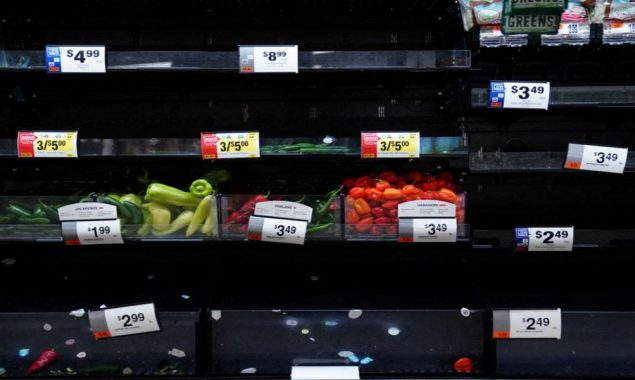A 911 operator has been placed on leave after reportedly hanging up on a Tops grocery clerk.
According to local sources, a Tops grocery employee who survived Saturday's horrific...

Grocery deliverers face painful adjustment after lockdown boom credits google
AMSTERDAM, Netherlands, June 8 (Reuters) – The grocery delivery industry, which exploded during the shutdown, is through a hard period of adjustment, according to investors, with only a few firms likely to survive in each market — and then, in very different shape.
Investors invested billions into “rapid commerce” supermarket enterprises that promised to supply supplies ranging from spaghetti to soap powder within 15 minutes from customised hubs known as dark stores while the COVID-19 pandemic kept customers indoors.
That torrent of money has reduced to a trickle, and enterprises have turned from expansion to retrenchment, with lockdowns easing, customers battling with growing expenses of living, and profitability remaining elusive.
Getir of Turkey, the largest and oldest of the rapid grocery delivery services, Gorillas of Germany, and Zapp of the United Kingdom have all announced job reductions in recent weeks, while Berlin-based Flink has also paused hiring.
Jiffy, a London-based delivery service, announced last month that it was ceasing operations, with Zapp, which raised $200 million in January, taking over its customers.
In an email to Reuters, Zapp said, “The current macroeconomic context has become exceedingly tough, with very little visibility of when things will change.”
So far this year, Citi analyst Monique Pollard thinks that seven or eight smaller businesses have been forced to seek buyers or close their doors. She stated, “It’s happening faster than we could have expected.”
Despite this, investors and executives believe that grocery on demand has a strong business case because to the convenience it provides consumers.
The present shakeup, according to Larry Illg, chief executive of online food businesses at technology investor Prosus NV (PRX.AS), which owns a 9.8% interest in Flink, will ultimately benefit survivors.
“We’re witnessing a slower rollout of new dark locations, lesser levels of marketing spend, and less competitive discounting,” he said. “As a result, overall growth is slowing, but space economics are improving.”
Catch all the International News, Breaking News Event and Latest News Updates on The BOL News
Download The BOL News App to get the Daily News Update & Follow us on Google News.